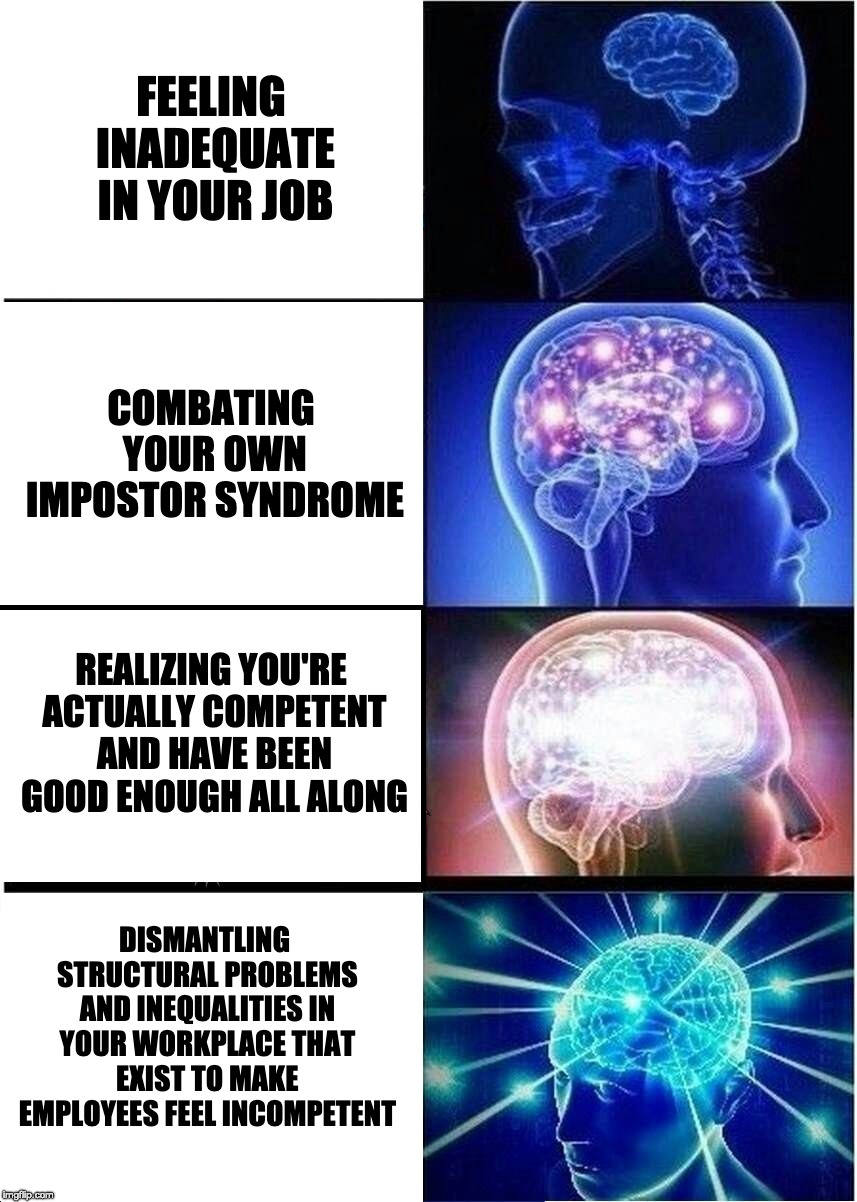In today's fast-paced world, people often face internal obstacles that affect their daily lives. Among these, procrastination, emotional dependency, and impostor syndrome stand out as common issues. But how can we overcome them?
In this guide, we will dive into the causes and solutions these three challenges. By understanding their impact and learning to manage them effectively, you can take control of your life.
What is Procrastination?
Procrastination is the act of delaying tasks even when you are aware of the consequences. This behavior is frequently linked to emotional or psychological factors, such as anxiety or self-doubt.

When procrastination takes over, it can lead to stress, missed opportunities, and reduced productivity. To combat procrastination requires practicing self-discipline and breaking tasks into smaller steps. Consider techniques like the Pomodoro Technique or setting realistic deadlines to stay on track.
The Nature of Emotional Dependency
Emotional dependency is a state where a person depends excessively on external relationships to fulfill their emotional needs. While human connection is essential, emotional dependency turns detrimental when self-esteem is tied solely to others’ approval.

Common signs of emotional dependency include a fear of rejection, difficulty making decisions independently, and an overwhelming need for reassurance. To overcome emotional dependency, it’s crucial to build self-confidence and learn to validate yourself internally. Therapy, mindfulness practices, and journaling can be helpful tools.
What is Impostor Syndrome?
Impostor syndrome refers to a psychological phenomenon where someone feels like a fraud despite evident success. Those affected often attribute their achievements to luck rather than recognizing their talent and hard work.

This mindset can lead to anxiety, self-doubt, and hesitation to pursue new opportunities. To overcome impostor syndrome involves challenging self-critical beliefs and celebrating accomplishments. Seeking feedback from trusted peers and embracing self-compassion can also help you build confidence.
Steps to Overcome Procrastination, Emotional Dependency, and Impostor Syndrome
Here are some practical steps:
- Develop structured daily plans and set achievable goals.
- Recognize triggers that contribute to your emotional reliance and work towards independence.
- Acknowledge your strengths regularly and consider therapy or coaching.
como saber se eu tenho dependência emocional
Consistency is key, so stay committed to these approaches to see positive changes.
Conclusion: Taking the First Step
These challenges can feel overwhelming, but you can overcome them by taking deliberate action. By understanding their roots and applying effective techniques, you pave the way for a healthier, more fulfilling life.
Start today by acknowledging where you stand and adopting simple, actionable strategies. Remember: progress is a journey, not a destination.